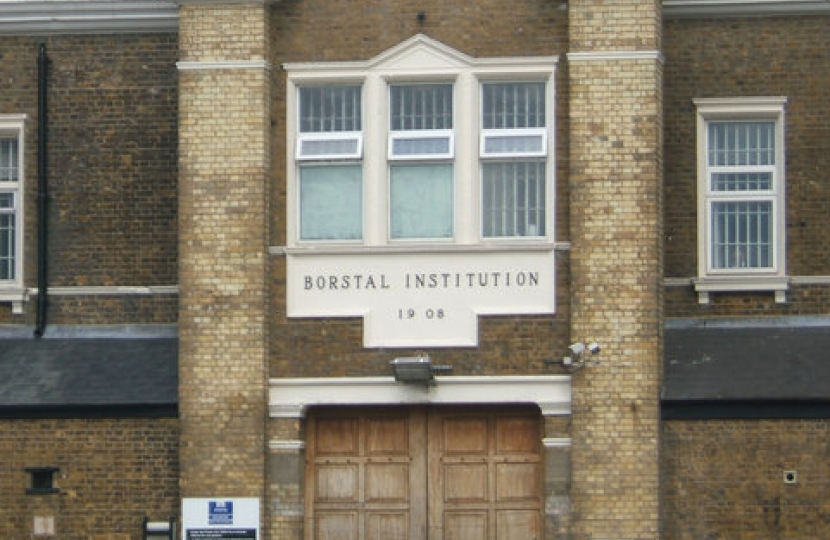
Proposals being introduced in Parliament to stop mobile phone signals and crack down on crime in prisons are being supported by Rochester and Strood MP, Kelly Tolhurst.
The Prisons (Interference with Wireless Technology) Bill will have its Second Reading in the Commons on December 1. If passed, the Secretary of State for Justice will be able to authorise mobile network operators to work more independently, making use of their special technical knowledge and expertise to prevent, detect and investigate illicit mobiles.
The Ministry of Justice has put in place measures to crackdown on mobile phones. In 2016, nearly 20,000 mobile phones and SIM cards, or 54 a day, were found in prisons in England and Wales. Whilst this is not a new problem, the scale has been increasing steadily.
Locally 455 were found and confiscated at HMP Rochester in 2015 alone, almost double the amount seized between 2010-2014.
Local MP Kelly Tolhurst said:
“The use of mobile phones is already illegal but it is clear there is still an issue and we need to be more effective in tackling the problems caused by illicit mobile use. Illicit mobiles can be used to organise criminal activity and it must stop. I want my constituents protected and for those that have been victims not to fear they may be able to be contacted or intimidated. Equally we have a responsibility to ensure prison staff and their families are protected and phones have been used to threaten them.
“Taking more effective action to stop illicit mobile use will not mean prisoners cannot talk to their friends and family. They will still be able to make and maintain contact using the telephone services provided in prison, whether that is by traditional phones on prison landings or increasingly through phones provided in their cells as these are rolled out across the prison estate.”
The Private Member’s Bill, introduced by Lewes MP Maria Caulfield, will have the potential to make prisons safer places and help to tackle the severe problems caused by illegal mobile phones in prison.



